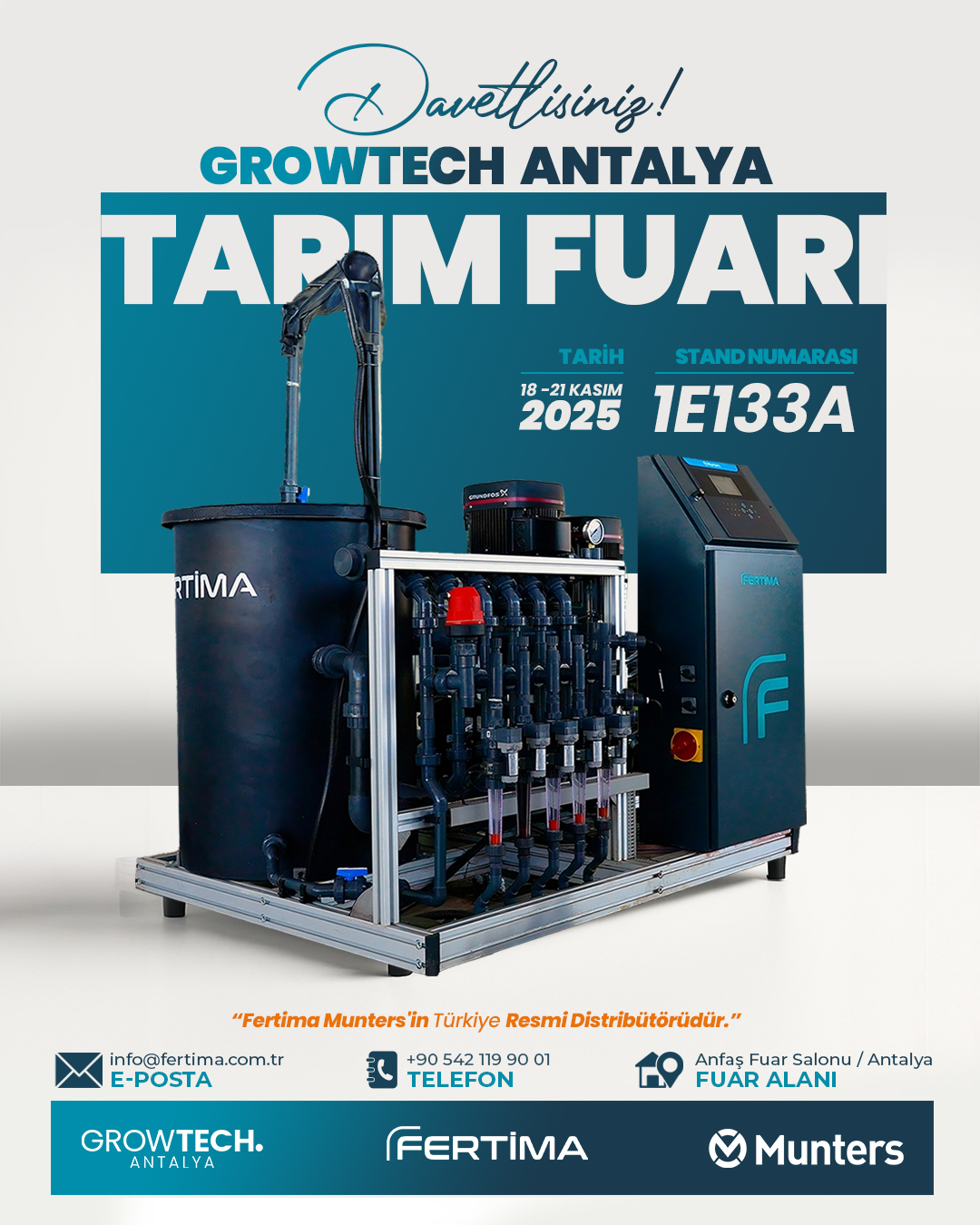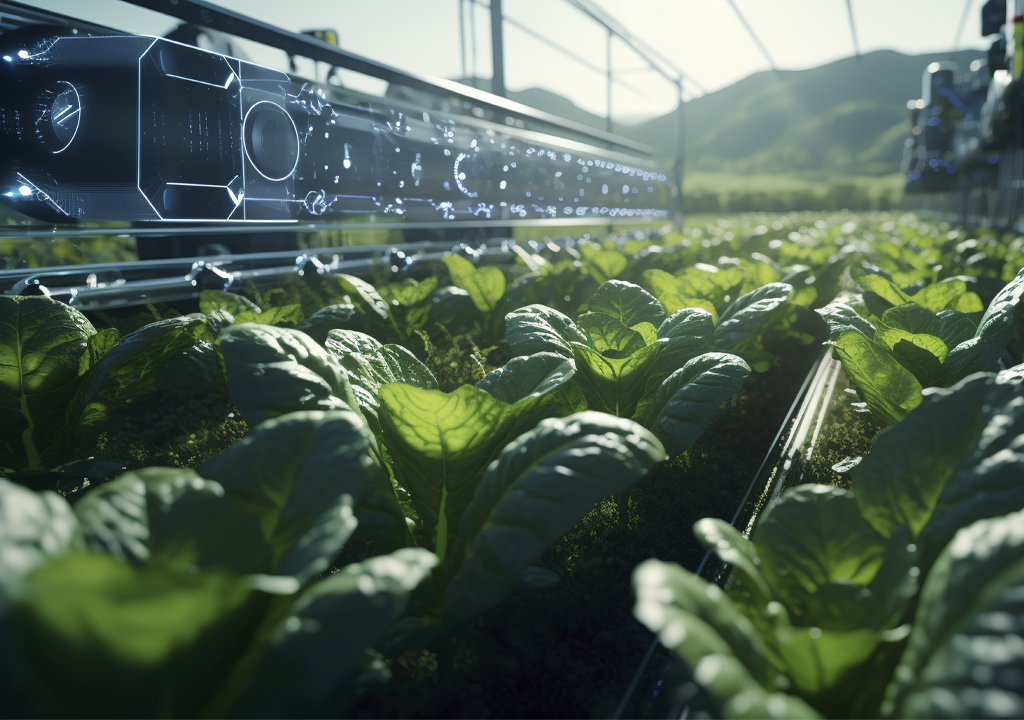Faced with a growing population and shrinking arable land, the agricultural sector has turned to sustainable solutions. At this juncture, soilless agriculture stands out as both efficient and environmentally friendly. In this article, we examine what soilless agriculture is, its advantages, and its role in sustainable farming.
What Is Soilless Agriculture?
Soilless agriculture is the cultivation of plants in an aqueous medium containing a nutrient solution instead of soil. Implemented through systems such as hydroponics, aeroponics, and aquaponics, it uses less water and space than conventional agriculture. In these systems, plants grow quickly and develop healthily because their roots have direct access to the nutrient solution.
Advantages of Soilless Agriculture
Soilless agriculture offers multiple benefits to producers and the environment. Key advantages include:
- Reduced Water Use:
Systems use up to 90% less water than conventional farming, a major advantage in water-limited regions. - High Productivity:
Direct access to the nutrient solution accelerates growth and shortens time to harvest, enabling year-round production. - Space Efficiency:
Methods such as vertical farming deliver high yields in small areas, making urban cultivation feasible. - Controlled Environment:
Closed systems shield crops from weather and pests, minimizing pesticide use. - Cleaner Produce:
With no soil contact, crops are cleaner and often require no washing, and the risk of chemical residues is lower.
Types of Soilless Agriculture
Soilless cultivation can be implemented through several methods. The most common systems are:
- Hydroponics:
Plants develop with roots growing in a nutrient solution. Subtypes include water culture, NFT (Nutrient Film Technique), and deep-water culture. - Aeroponics:
Roots are suspended in air and fed with a fine mist of nutrient solution. High oxygen availability supports rapid growth. - Aquaponics:
A combination of hydroponics and fish farming. Fish waste serves as a natural nutrient source for plants, creating a sustainable ecosystem for both.
Contribution of Soilless Agriculture to Sustainability
Soilless agriculture holds a significant place in sustainable farming practices. With benefits such as reduced water and chemical use, support for local food production, and a lower carbon footprint, it offers an environmentally friendly alternative. It also helps ensure food security in regions with limited arable land.


